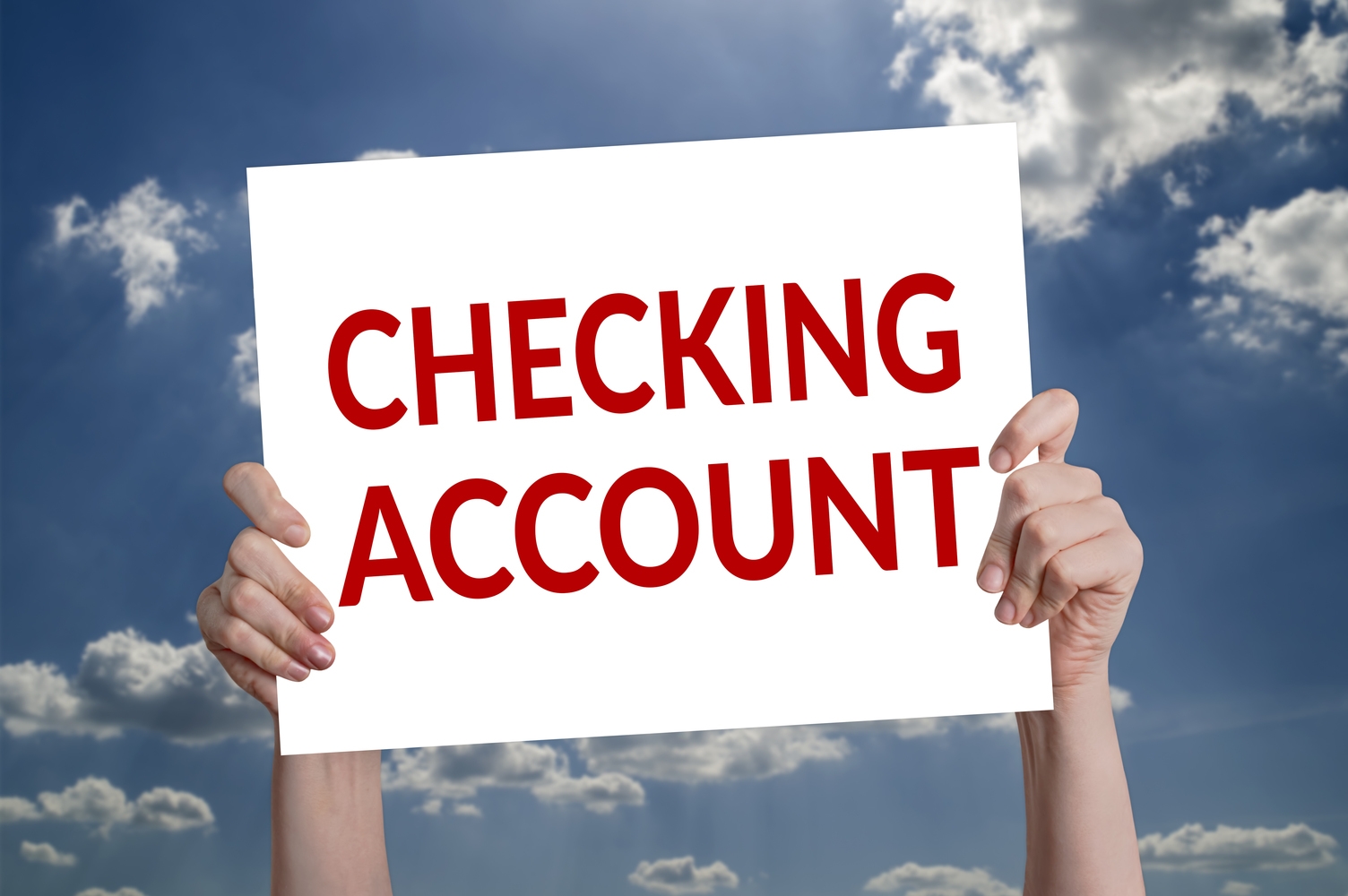Comprehensive Guide to Opening and Effectively Managing Your Bank Account
This comprehensive guide offers detailed insights into opening and managing bank accounts effectively. It covers various account types, the step-by-step process to open an account, choosing the right bank, and responsible account management tips. Perfect for individuals seeking financial independence, the guide emphasizes building good financial habits, maintaining account health, and leveraging digital banking tools for convenience. Whether you're a beginner or looking to optimize your existing banking setup, this article provides essential knowledge to help you achieve your financial goals and ensure long-term savings and credit stability.

Comprehensive Guide to Opening and Effectively Managing Your Bank Account
Establishing a bank account is one of the most fundamental steps toward financial independence and stability. Whether you're a young adult venturing into the world of banking for the first time or an individual seeking to optimize your current financial arrangements, understanding the nuances of different account types and responsible account management is crucial. This detailed guide aims to walk you through every aspect of opening a bank account, guide you on choosing the right institution, and provide tips for maintaining your account efficiently to support your financial goals.
Types of Bank Accounts and Their Uses
The financial landscape offers various types of bank accounts, each tailored to different needs. The most common are checking accounts and savings accounts. Checking accounts are designed for everyday financial transactions, such as paying bills, shopping, and withdrawing cash. They often come with debit cards and checkbooks, providing convenience for frequent transactions. Savings accounts, on the other hand, serve as a secure place to set aside money for future needs, offering interest earnings to grow your savings over time. Understanding which account suits your financial objectives will help you make smarter decisions.
Additional Bank Account Options
Beyond basic checking and savings accounts, several specialized accounts cater to various financial situations. Salary accounts are typically provided by employers and are used to deposit your regular paycheck. These accounts might come with benefits like higher transaction limits and lower fees but often require maintaining a higher minimum balance. Other options include student accounts designed for young learners, joint accounts for shared expenses with family members, and fixed deposit accounts for long-term savings with higher interest rates. Carefully evaluating your financial requirements will guide you toward selecting the most appropriate account type.
Steps to Open a Bank Account
Opening a bank account involves several straightforward steps, but preparing beforehand can streamline the process. Firstly, gather essential identification documents such as a valid government-issued ID (driver’s license, passport, or state ID), your social security number (or equivalent identification number in your country), proof of address (utility bill, lease agreement), and, in some cases, proof of employment or income. Next, conduct research on various banks in your area, considering factors such as proximity to your residence or workplace, fee structures, interest rates, and the availability of digital banking services. Once you've selected a bank, you can visit a branch or apply online through the bank’s secure platform. The application process typically involves filling out personal information, submitting your documents, and choosing the account type that fits your needs. Many banks require an initial deposit to open the account, which varies depending on the institution—sometimes as low as $25 or $100.
Important Factors to Consider When Choosing a Bank
Selecting the right banking partner is critical to ensure seamless service and favorable terms. Evaluate the bank’s reputation, customer reviews, and reliability. Consider the proximity of branches and ATMs for convenient access. Digital banking capabilities, such as mobile apps, online banking, and 24/7 customer support, can significantly enhance your banking experience. Compare interest rates offered on savings accounts and check fee structures for accounts and transactions. Some banks may charge monthly maintenance fees, overdraft fees, or ATM withdrawal fees, so reviewing the fee schedule is essential. Additionally, inquire about additional services such as loans, investment options, and financial advice, which can be beneficial as your financial needs grow.
How to Manage Your Bank Account Responsibly
Once your account is up and running, responsible management is key to maintaining good financial health. Make regular deposits to keep the account active and avoid overdraft penalties. Set up automatic payments for recurring bills to prevent missed payments and late fees. Keep track of your account activity either through bank statements, mobile banking alerts, or financial management apps. Maintaining a minimum balance, as required by your bank, helps you avoid monthly fees and keeps your account in good standing. Use your debit card judiciously—avoid impulsive or unnecessary transactions that could lead to overdrafts or excessive fees. If you utilize overdraft facilities or take cash advances, ensure prompt repayment to prevent interest charges or damage to your credit score. Periodically review your account statements to catch any suspicious or unauthorized transactions, and report discrepancies immediately.
Benefits of Wise Bank Account Management
Responsible and strategic management of your bank account can have far-reaching benefits. It helps you to build a positive credit history, which is essential when applying for loans, credit cards, or mortgages in the future. A well-managed account fosters financial discipline, encouraging saving habits and budgeting skills. Moreover, maintaining a healthy account reduces financial stress and avoids costly penalties that can hinder your financial plans. Digital banking tools, such as mobile apps and online statements, make account management easier and more efficient, providing real-time updates and simplifying transaction tracking. Over time, diligent account management can lead to improved financial stability and better opportunities for credit and wealth-building.
In Summary
Opening and managing a bank account wisely is a fundamental skill that empowers individuals to achieve financial independence and security. By understanding different account types, selecting a reputable bank, and practicing responsible account management, you lay a solid foundation for your financial future. Remember, your bank account is not just a place to store money but a vital tool for achieving your financial aspirations and maintaining overall economic well-being. With careful planning and disciplined usage, your bank account can become one of your most valuable financial assets.





